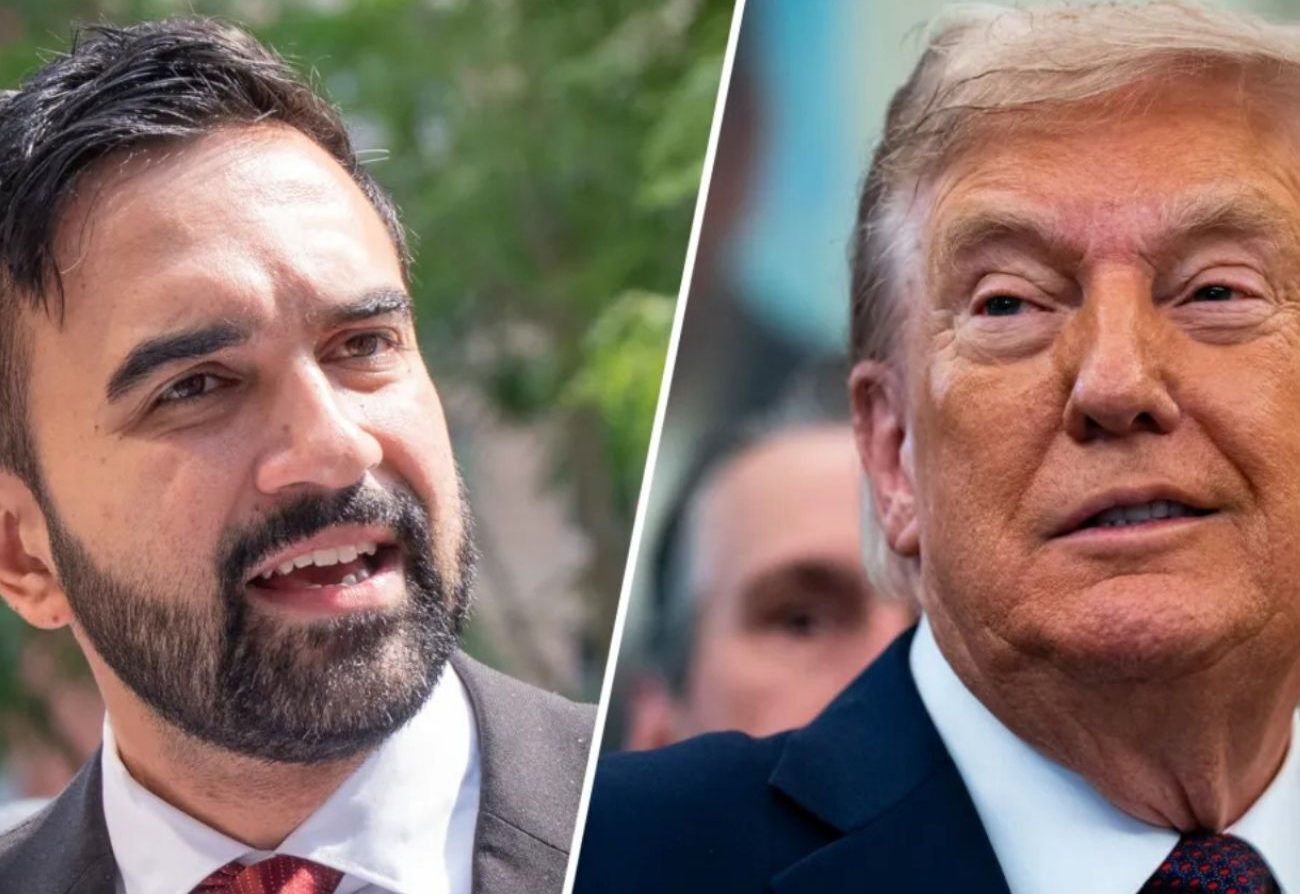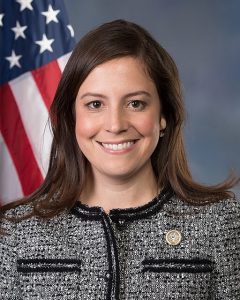A Sudden Shift From Confrontation to Cooperation
Mayor-elect Zohran Mamdani is now striking a noticeably different tone from the combative socialist who spent the past year vowing to “hold the line” against Washington. After months of portraying President Trump as a threat to democracy, Mamdani now says he intends to reach out to the White House before taking office, calling a working relationship with the administration “critical to the success of the city.” It’s a remarkable pivot and one that reveals how sharply political reality is already pulling him away from the messaging that powered his campaign.
In an interview with NBC New York, Mamdani announced that he plans to contact Trump “as we prepare to actually take office,” framing the move as a matter of responsibility rather than an ideological retreat. He emphasized cost-of-living issues and groceries—topics Trump campaigned on heavily—and signaled that he would cooperate where possible. At the same time, he attempted to reassure his base that he would push back whenever federal policies “come at the expense of New Yorkers.” It was a careful dance, designed to sound cooperative without sounding submissive.
Washington Isn’t the One Who Needs This Call
The White House’s reaction was restrained but telling. Press Secretary Karoline Leavitt declined to elaborate and said simply, “The president will respond himself.” Trump, for his part, made the dynamic unmistakably clear. He stressed that it would be “more appropriate” for Mamdani to reach out first and noted that the mayor-elect “has to be a little bit respectful of Washington” if he intends to succeed. That wasn’t hostility—it was leverage.
Trump also assured Fox News’ Bret Baier that he wants New York to succeed, hinting that he might “help a little bit, maybe.” But the condition was obvious: cooperation begins with respect. Mamdani’s sudden eagerness to open communication shows that he understands the stakes. New York’s budget, infrastructure, and public services rely heavily on federal money. A bad relationship with Washington would create immediate, painful consequences.
The Conflict Inside Mamdani’s Own Circle
This early outreach stands in sharp contrast to the ideology driving Mamdani’s campaign and the advisers shaping his agenda. His most influential aide, Elle Bisgaard-Church, is returning as his chief adviser at City Hall. She is the architect behind the deeply controversial “Department of Community Safety,” a proposal to replace police officers with civilian crisis responders for non-violent 911 calls, including many subway incidents.
Critics say the plan is unrealistic, dangerous, and massively expensive. A campaign estimate places the cost at $1.1 billion—money New York City simply doesn’t have. Yet Bisgaard-Church represents the ideological core of Mamdani’s political identity. She’s an Ivy League–trained activist closely aligned with the Democratic Socialists of America. She shaped the movement’s messaging inside the Mamdani campaign and coordinated weekly strategy meetings with DSA leaders.
This is the team Mamdani wants running City Hall. It is also the team that now must deal with a president they have spent years attacking. The contradiction is already visible.
Why Mamdani Can’t Afford a Fight With Trump
The mayor-elect’s pivot to diplomacy is not a sign of ideological flexibility—it’s a recognition of power. Trump has already made clear that he would consider withholding federal funding or increasing federal oversight if the city began to break down under Mamdani’s policies. New York relies on Washington for support across nearly every essential area, including transit funding, emergency services, housing programs, port security, anti-terror operations, and major infrastructure projects.
Mamdani may want to lead a socialist renaissance, but the city he is inheriting cannot run on ideological passion alone. Rising crime, subway disorder, declining business investment, and massive debt mean he cannot afford to provoke Washington into tightening the purse strings. Even a temporary slowdown in federal support would immediately affect the city’s ability to function.
He also admitted he has spoken with Gov. Kathy Hochul about how to handle Trump’s criticisms and “periodic threats.” That conversation shows how uncertain Mamdani feels about the political terrain ahead. Hochul, however, has her own limited leverage over federal matters and cannot shield the city from consequences if Mamdani chooses confrontation over practicality.
The Larger Political Picture for Democrats
Mamdani is entering office at a moment when his party is in deep turmoil nationally. Chuck Schumer’s miscalculations during the shutdown, internal Democratic infighting, progressive frustration with party leadership, and a growing ideological divide have left Democrats weakened in both perception and influence. Against this backdrop, Mamdani hopes to become a rising figure on the left—but he is walking into a moment where his party has less power, not more.
He is arriving with big ideas but weak allies. Meanwhile, Trump holds the federal purse and commands broad authority over immigration, law enforcement, and security policy—areas where Mamdani’s platform directly collides with federal priorities.
This means Mamdani’s early overtures to the White House are not a sign of strength or confidence. They are a sign of strategic caution. He needs cooperation more than Trump does.
Ideology Meets Reality on Day One
Ultimately, Mamdani’s outreach to Trump reflects the tension between the promises he made during the campaign and the responsibilities he is about to assume. The mayor-elect knows that if crime rises, if subways deteriorate further, or if the city continues to lose businesses and middle-class families, he will be the one held accountable—not the DSA, not his advisers, and not Albany. He cannot blame Washington for everything if he deliberately chooses conflict.
The question now becomes whether Mamdani intends to govern pragmatically or whether his ideology will collide with reality the moment he takes office. His administration is already pulled between two competing forces: the ideological expectations of his base and the practical demands of the city he is about to lead.
His call to the White House signals that he knows just how difficult that balance will be.

James Jenkins is a celebrated Pulitzer Prize-winning author whose work has reshaped the way readers think about social justice and human rights in America. Raised in Atlanta, Georgia, James grew up in a community that instilled in him both resilience and a strong sense of responsibility toward others. After studying political science and creative writing at Howard University, he worked as a journalist covering civil rights issues before dedicating himself fully to fiction. His novels are known for their sharp, empathetic portraits of marginalized communities and for weaving personal stories with broader political realities. Jenkins’s breakout novel, Shadows of Freedom, won national acclaim for its unflinching look at systemic inequality, while his more recent works explore themes of identity, resilience, and the fight for dignity in the face of oppression. Beyond his novels, James is an active public speaker, lecturing at universities and participating in nonprofit initiatives that support literacy and community empowerment. He believes that storytelling is a way to preserve history and inspire change. When not writing, James enjoys jazz music, mentoring young writers, and traveling with his family to explore cultures and stories around the world.









